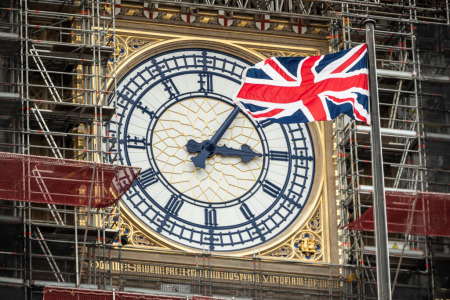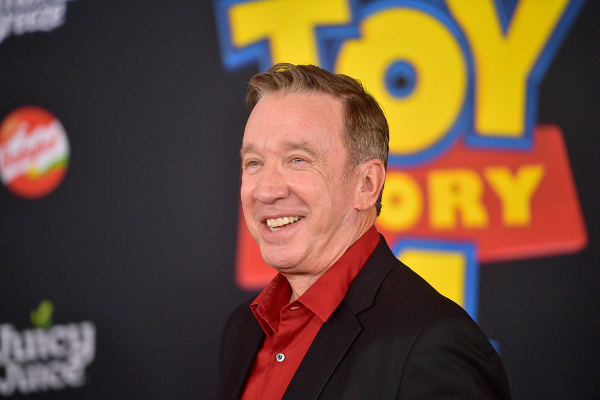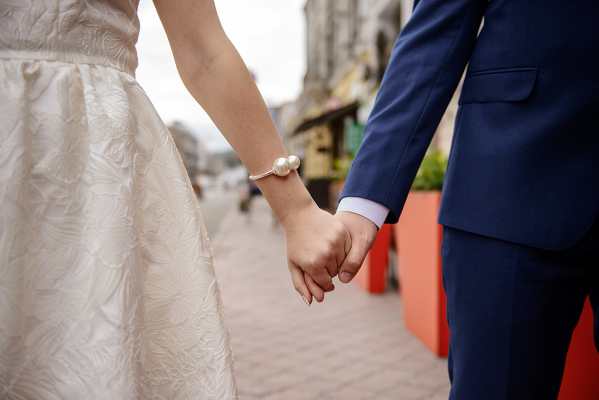UK High Court upholds law allowing Down syndrome abortions after 24 weeks

A high court in the United Kingdom has ruled against a challenge by a political activist with Down syndrome to overturn the country's laws permitting late-term abortions based on disability.
Two justices representing the High Court of Justice, Queen's Bench Division issued a ruling on Thursday upholding the legality of terminating pregnancies after 24 weeks if the child is at risk of being born with a "serious handicap." The justices rejected the claim that the law violates international human rights law.
"The fundamental difficulty … is that the European Court has never decided that a foetus, even one post-viability, is the bearer of Convention rights," concluded the High Court.
"The fact that both domestic legislation and courts, and the European Court itself, have recognised that there may be circumstances in which the foetus has interests which the State is entitled to protect does not lead to the proposition that it enjoys rights under Article 2."
Last year, Heidi Crowter filed a lawsuit against the U.K. National Health Service for allowing the abortion of babies up to birth if they're diagnosed as having Down syndrome.
Crowter and two other plaintiffs argued that the abortion law violated the European Convention on Human Rights, especially Article 2, which declares that "Everyone's right to life shall be protected by law."
The justices reasoned that the issues brought in the lawsuit are "highly sensitive and sometimes controversial" because they "generate strong feelings, on all sides of the debate, including sincere differences of view about ethical and religious matters."
"This Court cannot enter into those controversies," the ruling states. "[I]t must decide the case only in accordance with the law."
The justices further argued that some families are not capable of caring for children with severe disabilities.
"[T]he ability of families to provide a disabled child with a nurturing and supportive environment will vary significantly," they stated, adding that banning such abortions would compel women "by the fear of the criminal law to give birth to children who will not be loved or wanted."
After the court's decision was released, Crowter called it a "sad day" but said she intends to continue the legal fight against the abortion law.
"The judges might not think it discriminates against me, the government might not think it discriminates against me, but I'm telling you that I do feel discriminated against," she said in a statement.
At issue was the Abortion Act of 1967, which largely restricts abortions after 24 weeks into a pregnancy but allows them if an unborn child has a "substantial risk" of being "seriously handicapped."
"The current law is unfair. It makes me feel like I shouldn't exist, and that I'd be better off dead in the eyes of the law," Crowter told The Sunday Telegraph last year.
"The policy basically says that it's normal for a baby with Down's syndrome to be terminated right up until birth … I feel amazing knowing that the case is going to be heard in the High Court."
Last October, Crowter was joined in filing the legal complaint by Máire Lea-Wilson, the mother of a child with Down syndrome and the child, identified only as "A" in legal documents.
"Today's High Court judgement effectively says that my two sons are not viewed as equals in the eyes of the law and I am incredibly sad and disappointed that the court has chosen not to recognise the value and worth of people with Down syndrome, like my son Aidan," Lea-Wilson said in a statement.
Arguments in the case were heard in July before Lord Justice Rabinder Singh and Justice Nathalie Lieven of the High Court.
Paul Conrathe, the lawyer representing the plaintiffs, said that his clients will seek permission to appeal to the Court of Appeal.
"The judgement fails to recognise the damaging impact U.K. abortion legislation has upon the mental health and wellbeing of people with downs syndrome," he said in a statement shared by the advocacy organization Don't Screen Us Out. "By allowing babies with Downs Syndrome to be aborted up to birth, unlike neurotypical babies, the law sends a powerful message that the lives of people with Downs Syndrome are of lesser value."





















